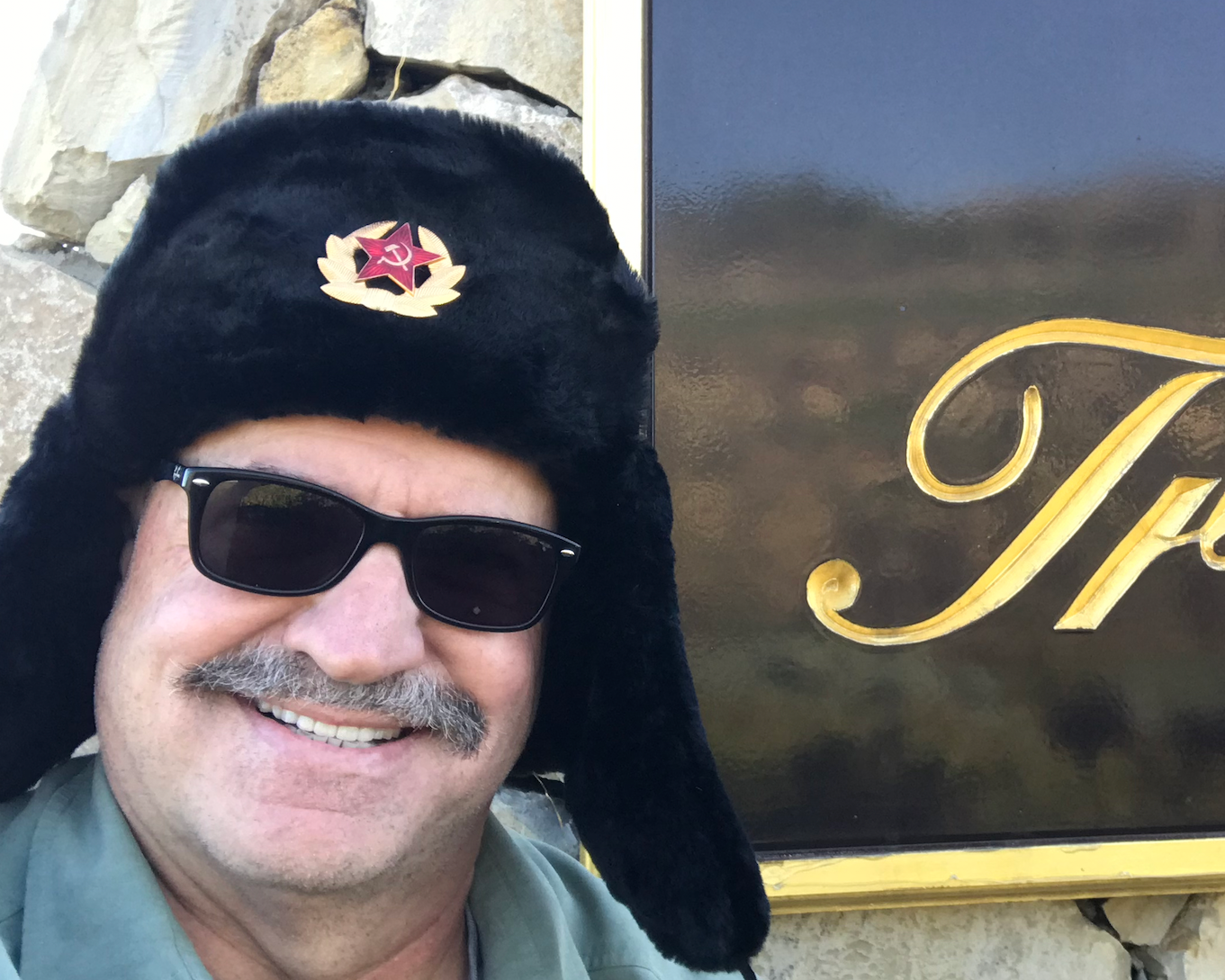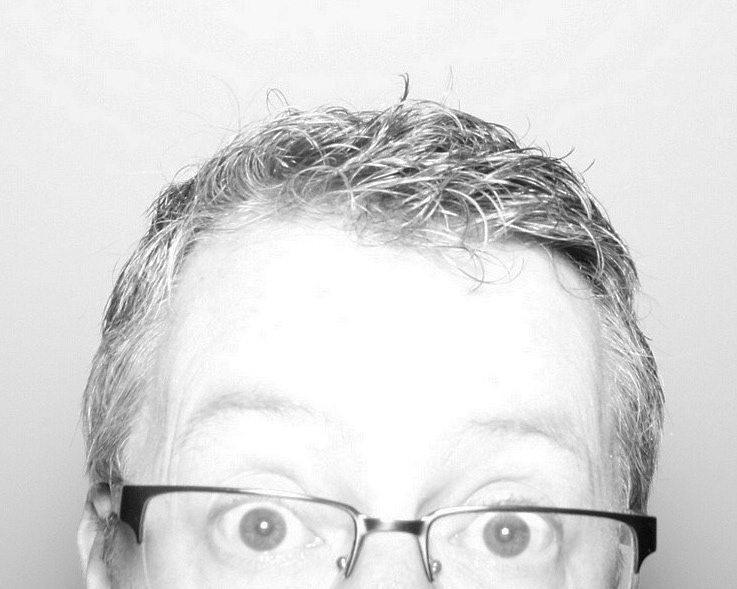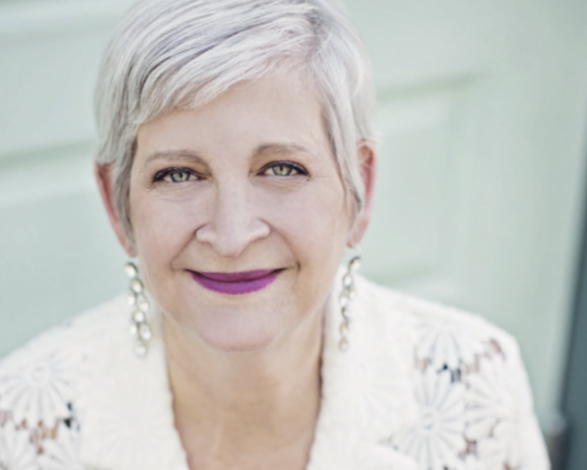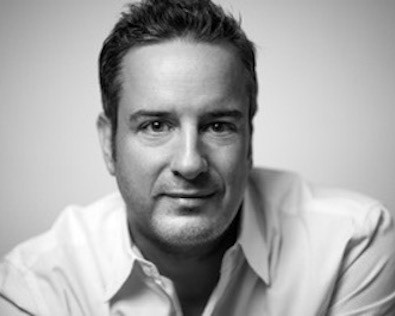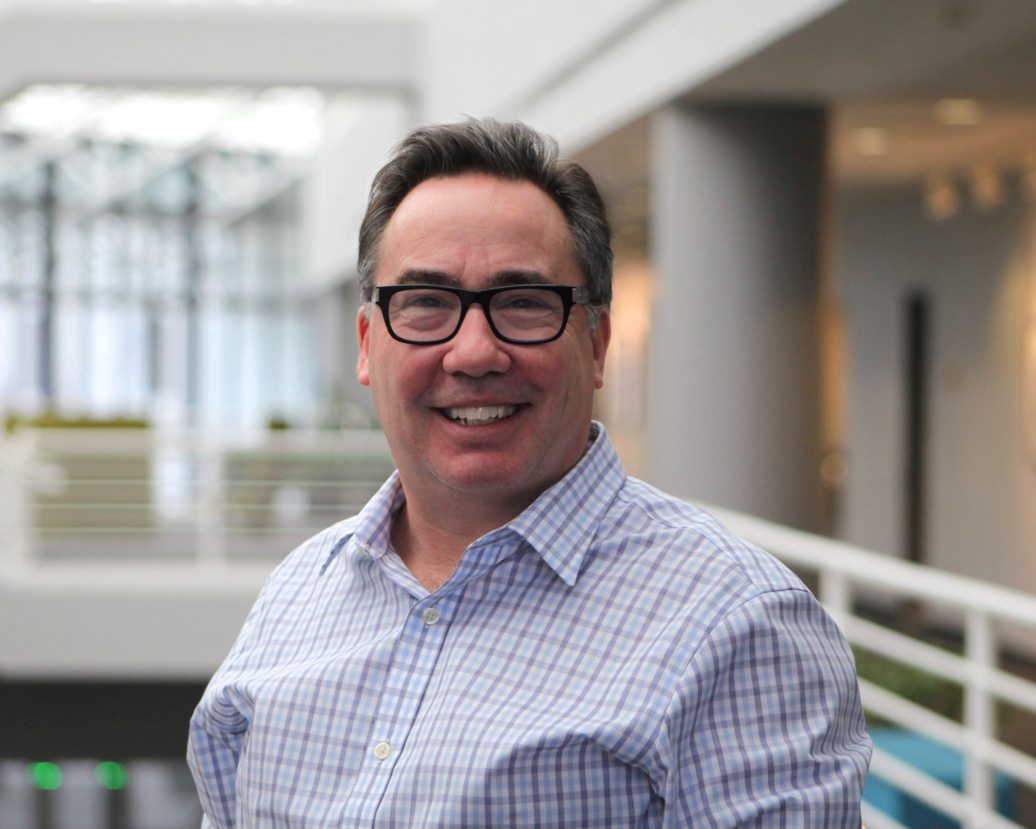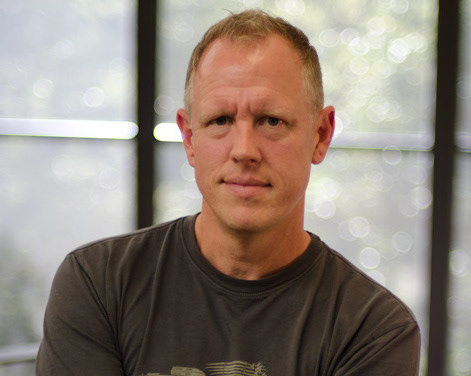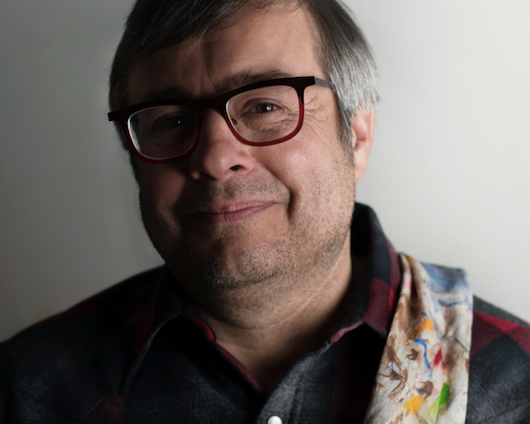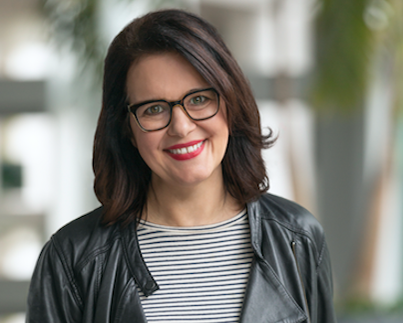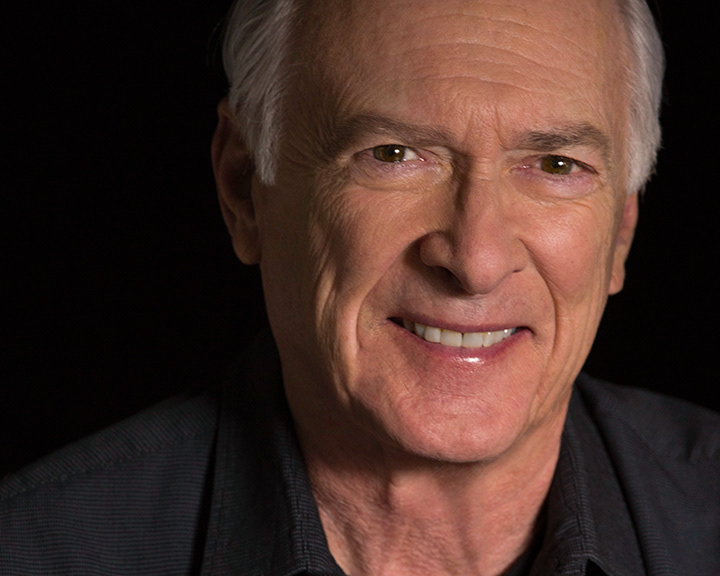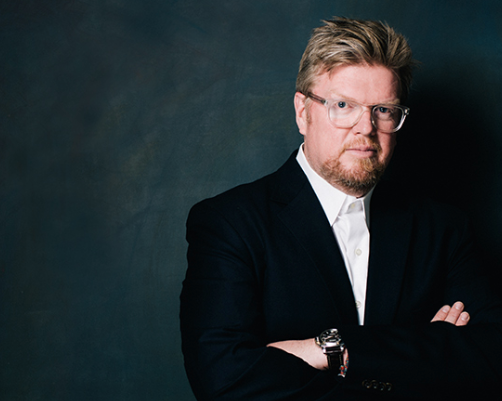We were born into advertising knowing the name Charlotte Moore. The One Show pages that featured the breakthrough long copy ads she created for Nike Women's with then creative partner, Janet Champ, were covered in smudges. We’d stare at those pages, hoping they would reveal their secrets to us mere ad school mortals. Yes, they were that good.
From 1989 to 1997, Charlotte worked for Wieden + Kennedy in both Portland, Oregon and Amsterdam. During that time, she went on to create more incredibly thought-provoking ads while also managing to publish a book (again, with Janet), entitled RIPE – which is coincidentally about aging in a youth-obsessed society.
Then in 1998, Charlotte did something you wouldn’t necessarily think an ad rock star would do -- she became a freelance art director, writer and brand consultant based in Milan, where she still lives with her husband and kids to this day. And, if you ask us, it just might be the most inspiring thing she’s ever done.
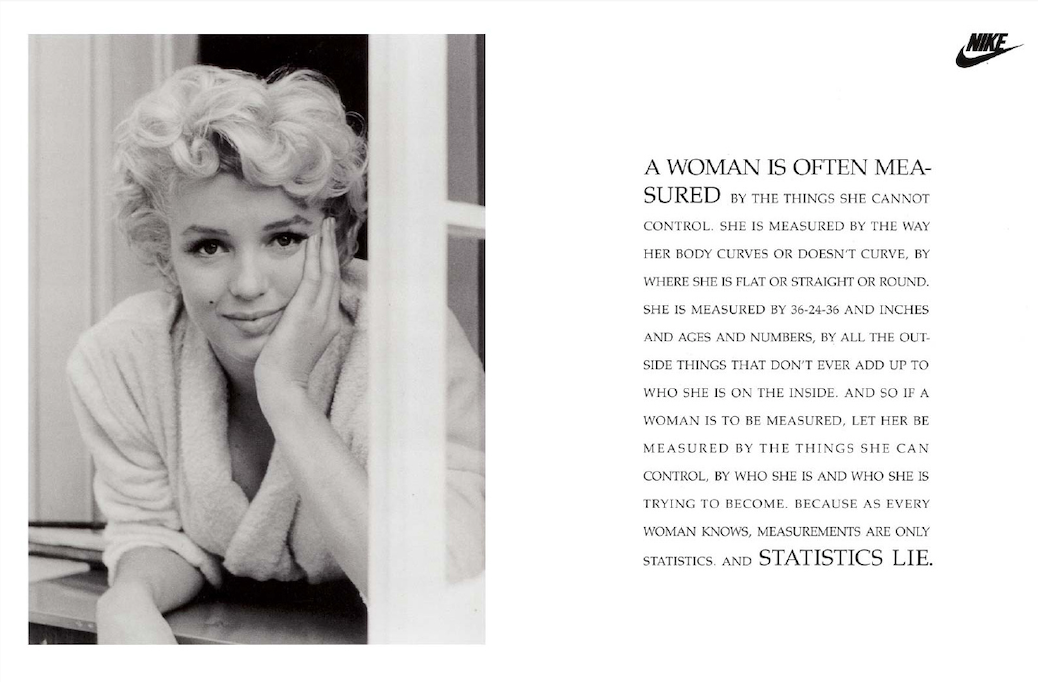
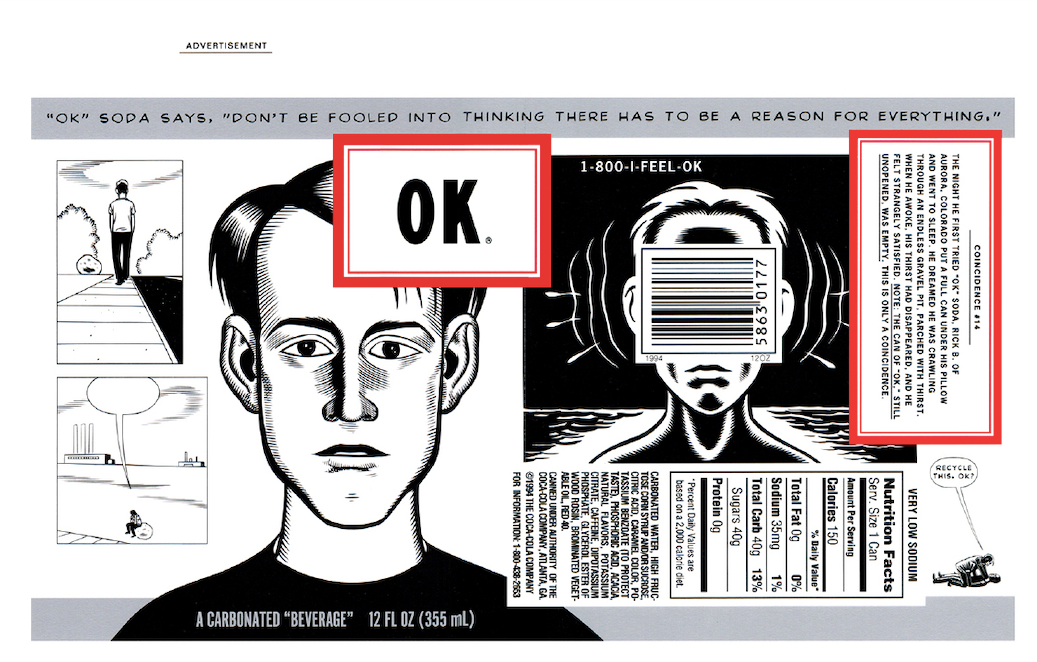
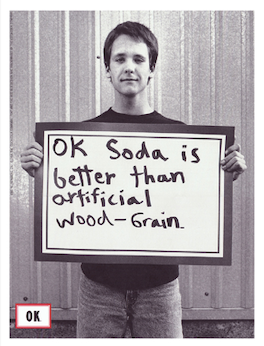
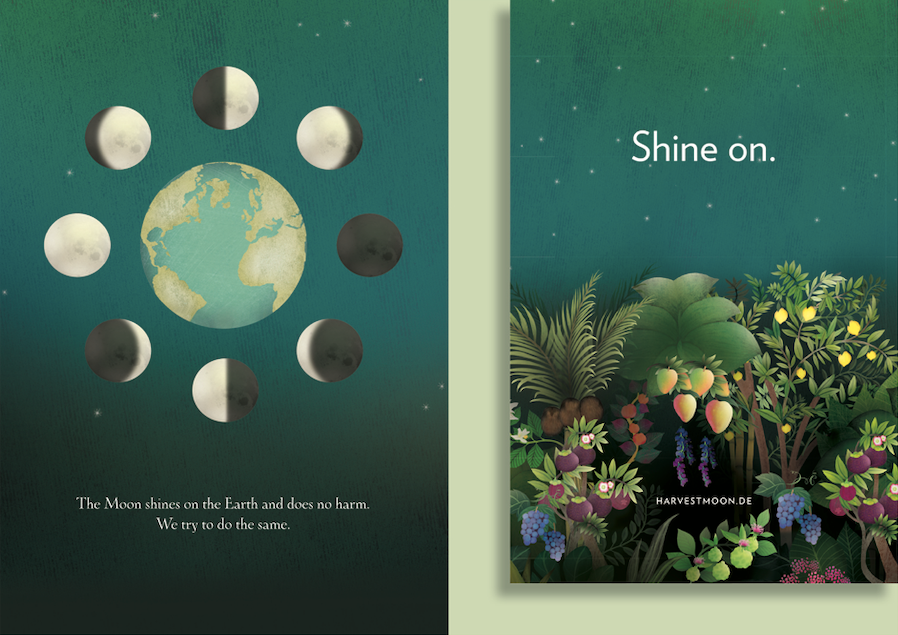
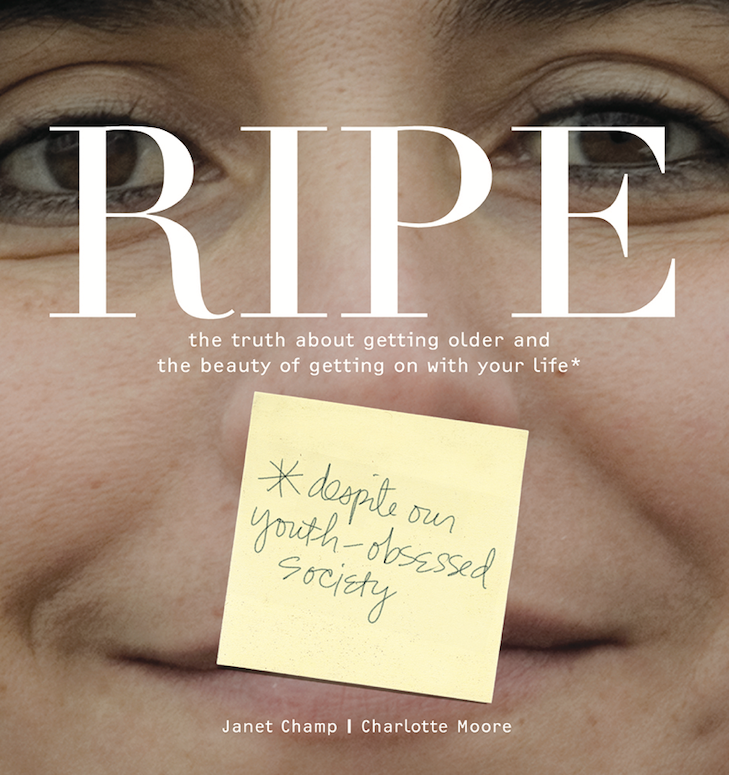
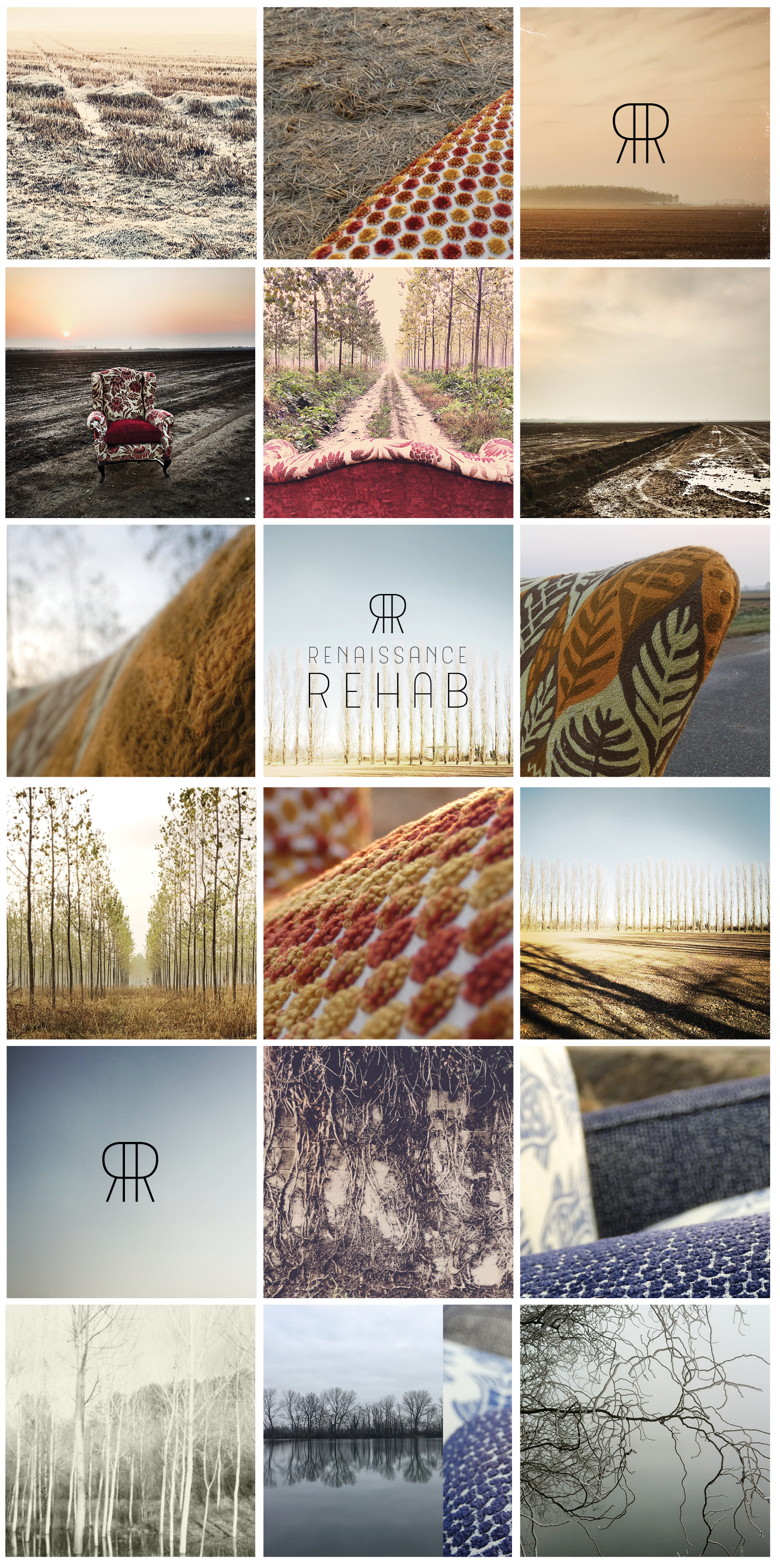
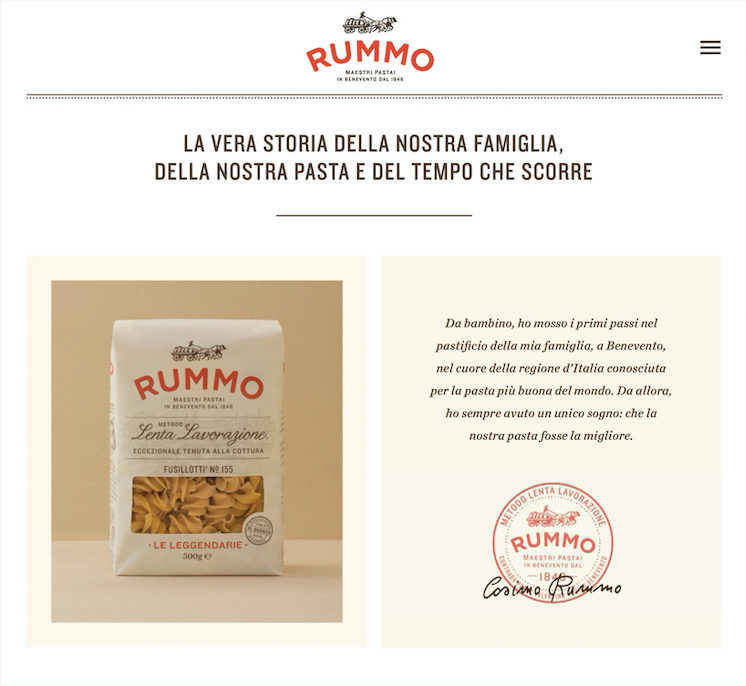
Is ageism in the industry something you thought about in your 30s? Your 40s?
Not really. Definitely not in my 30s. In my 40s, I began thinking about issues of relevance but not entirely because of age. I had moved to Italy in my mid-late 30s so my overriding career preoccupation was how to live here and work there, while also nurturing a balanced (ha ha) Mediterranean life, healthy and happy children, and a functioning relationship.
I’ll just toss this out now: I have a weird relationship with most isms. If you’ve directly suffered an abuse linked to ageism or sexism, or any ism, clearly your case needs to be supported, and such abuses must be brought to light and addressed. But when you jump ideologically on the bandwagon of an ism, I think you risk 3 things: 1. Feeling like a victim of that ism even when you may not be one. 2. Possibly missing the opportunity to look at yourself with a critical eye to recalibrate the part you play in the world you live in, and 3. Demonizing the other half.
Is ageism something that’s affected you? What are some of the challenges you faced as a person who was getting older in the business? Do tell.
Around the age of 50, I noticed things changing. I’m a freelancer so there is always flux, but the change felt different and definitive. Most creatives of my age have been both lucky enough and unlucky enough to straddle a technological sea change. We all know that great stories and great ideas are never out of vogue, but it began to feel like I was not being considered for jobs because my age didn’t sync up with how digital or social the results needed to be. I wasn’t born with an iPhone in my hand (thank God), but I’m a “user” so I was like, “Hey, I can do this too.” The year on my birth certificate doesn’t mean I can only think in terms of traditional media.
But this is what I was getting to. At that moment, I could have stopped with the assumption that ageism was the problem and that “Everyone thinks I’m too old.” But I didn’t want that to be my story. I didn’t want to wear that mantle. For me the challenge was to react differently, taking responsibility for what I could.
It went something like this: I looked at the type of projects I was holding out for and the money I felt justified in requesting. I then considered the kids coming up behind me, the work they were doing, and the money they were likely making. Lastly, I factored in that I live in Europe, specifically Italy, where pay tends to be significantly lower. And then I asked myself two questions: Do you want to work or wait for the phone to ring? What are you willing to do to change the equation? I made some very radical decisions, and as if the Universe had ears, within literally days my entire career had taken a dramatic turn. I have basically worked nonstop since then and headed into directions I never saw coming.
My mother worked into her late 70s, repackaging her skillset successfully over and over again. I want to be like her.
"I could have stopped with the assumption that ageism was the problem and that 'Everyone thinks I’m too old.' But I didn’t want that to be my story."
Tell us about your own creative journey. What are your thoughts on where you are now, compared to your mindset when you were in the beginning of your career?
I think about this a lot. When I was younger, it was all about control, getting what I wanted. Making things happen. “Being successful,” if you will. Now, it’s more about letting go of a certain type of control and letting things happen. Trying things. Putting myself out there. Being willing to test unfamiliar waters almost daily.
The common thread is this: being creative is a drug for me. It makes me feel good and happy. It always has. I think if you’re a creative, thinking person, you have to keep creating and thinking. Whether the market sees you or not, values you or not, you have to keep making stuff. You just do.
Did the reality of the ad industry contribute to the decisions you made/the path you’ve taken?
Absolutely. Look, it’s a river out there. You either flow with it. Or you stand stuck to the river bed watching it rush by.
I realized, too, that there are a lot of incredibly interesting and resourceful companies out there, big and small, with brand-building needs that have no desire to go anywhere near an agency or an ad for that matter. So you can trade in your “ad industry” box for the oyster of the wider world.
What do you feel creative people over 50 can offer over someone 20 years their junior, things that are unappreciated, or just plain overlooked?
As I’ve gotten older, I’ve learned to solve problems more quickly. I don’t stare at them head-on. I look at them sideways like a dog. I take walks when deadlines loom instead of fixating on the computer. I trust myself to solve “it,” whatever “it” is, because I feel safe inside myself. I think older people can give younger people that safe place to explore and fail and soar. That safety is so important. It’s what Dan Wieden and David Kennedy gave all of us at Wieden & Kennedy. Dan called it the bubble.
When I was 23ish and working at my first creative job, the agency (Ogilvy) laid off a bunch of people, one of whom was an older art director who had taken me right under his wing. The loss of his presence eroded my job experience immediately. It wasn’t long after his departure that Evelyn Monroe and I got out of there, and headed to Wieden.
Age is not a bad thing. It used to be appreciated because it meant experience. It still does. There’s just a lot of shit you know at 50 that you didn’t know at 25, and I don’t know one person who would trade it in to go back in time. Not one. I think the key is collaborating and breaking down the ism walls. Younger people with less younger people. Listening to each other. Working together. There’s so much strength on both sides.
"There’s just a lot of shit you know at 50 that you didn’t know at 25, and I don’t know one person who would trade it in to go back in time."
What is your advice to people who are nearing or over 40 in the ad industry?
Keep making stuff. Keep creating. Go deeper. Keep your ego in check. You deserve recognition, yes, but like everyone else you have to keep earning it every day.
How are you approaching the next 10 years? What does your future hold?
I have no idea, really. I am following a lot of roads simultaneously. Bigger professional ventures, smaller creative projects. I just do as much as I can. I make less money than I used to, but my goal is to remain active and competitive. I’ve never wanted wealth per se.
What do you see as potential solutions for ageism in the industry? Any thoughts on possibly unionizing?
As I mentioned above, I think the key is nurturing mixed-age creative departments. We all need each other. And we all have something to offer that is valid and necessary.
Last time I checked the statistics, the majority of spending power in the US (and it’s surely the case here as well) was squarely in the pockets of people over 50. Excluding people in that age-range from contributing to the story you tell that segment of the market is insane.
"We all need each other. And we all have something to offer that is valid and necessary."
What are some positive things you’ve experienced as you’ve grown older in the business?
Gaining confidence in myself has been the best part (though to this day, I don’t enter a presentation without butterflies in my stomach and the sensation that I might be jobless tomorrow). And realizing that I was able to get where I am largely on my own terms, protecting the most important aspects of my life. I’m very proud of that, but I also feel lucky as well.
Who do you look to for inspiration?
My female friends. Philosophers, long dead. My parents and my grandparents. My children. My rock of a husband. David Byrne. David Bowie. Leonard Cohen. Pablo Picasso. Louise Bourgeois. Those people who create until they die. The century palm: it flowers once but magnificently between 50 and 80 years of age.

